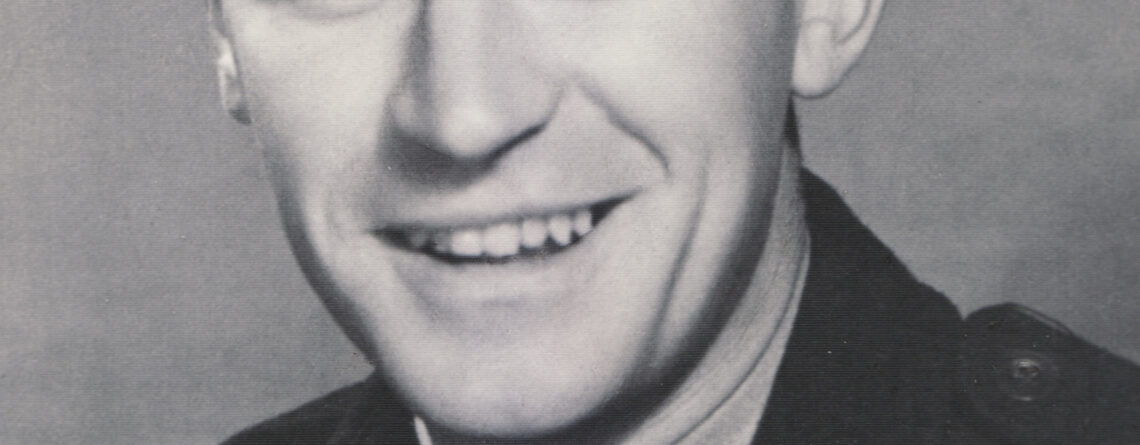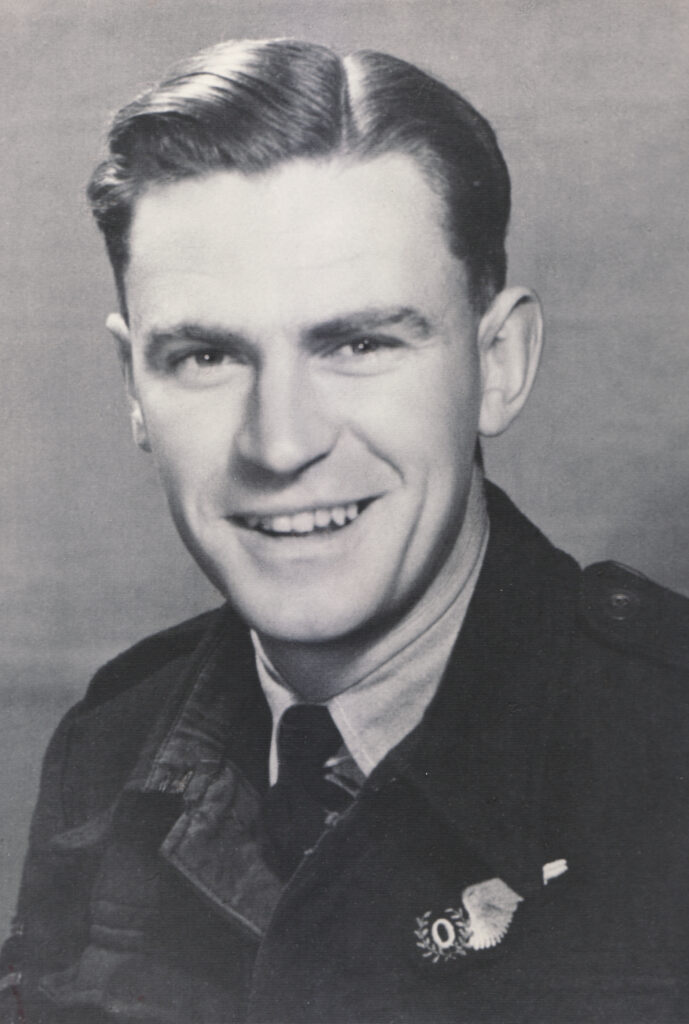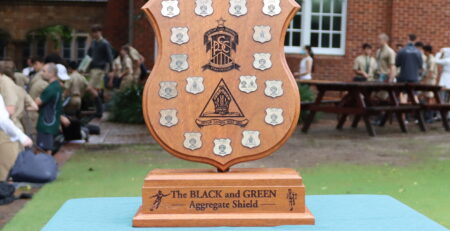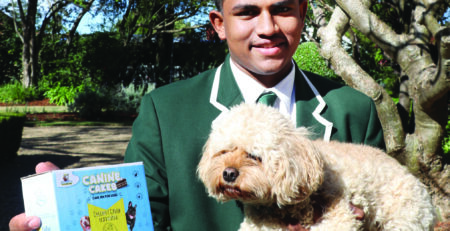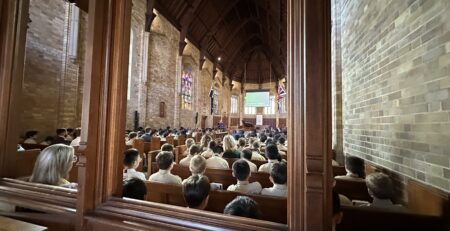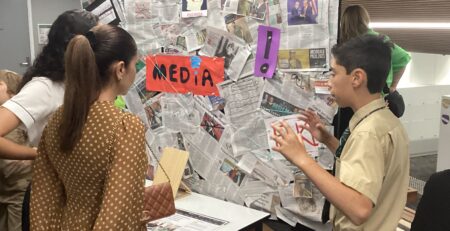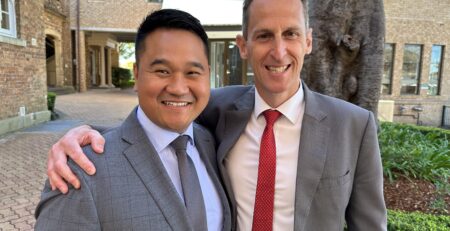A fateful night over Germany
“Worthy son of Trinity” remembered
Like all Bomber Command crew, Allan “Jock” Farrar knew his chances of surviving one tour of duty were less than 40 per cent.
They believed that although skill and experience were important in ensuring survival, in the end it was luck that decided their fate.
Farrar’s luck ran out on his 22nd operation, with just eight operations left to complete his first tour of duty over the skies of Europe in World War Two.
On a raid to Friedrichshafen in southern Germany on the night of April 27, 1944, his Lancaster bomber was intercepted and hit over France, exploding in mid-air and falling at Luxluin near Rupt-Sur-Moselle.
The willowy Trinitarian, still in his 20s, was killed along with all crew, and buried at the local cemetery.
The navigator flew most of his 22 operations in the Battle of Berlin between November, 1943, and March, 1944. He took part in the devastating raid on Nuremberg and in successful sorties against marshalling yards at Villeneuve-St George, Louen and Tregnier, as well as gun emplacements and ammunition dumps.
Before leaving Australia he had been stationed in the Hunter Valley, then at Evans Head before heading to Canada for a month of training.
He landed in the UK in December, 1942, and was based with 460 squadron at Lincolnshire.
During his six years at Trinity, ending in 1935, he excelled in sport and debating.
He was a member of the cricket firsts in 1933-35, captaining both Trinity and Associated Schools in his final year.
He was a reserve for the rugby firsts, and a member of the CAS champion debating team.
Before enlisting in the RAAF he studied accountancy and trained as a buyer with the wool, hide, and skin firm Wilcox Mofflin.
His obituary commended him as someone who “stood for all that was best in the traditions of the School”.
“He will always occupy the warmest place in the hearts of his contemporaries and will always be remembered with the greatest admiration and respect by all who were associated with him.
“We thank God for the memory of a true and worthy son of Trinity.”
Source: Trinity Remembers, by Robert Scott

